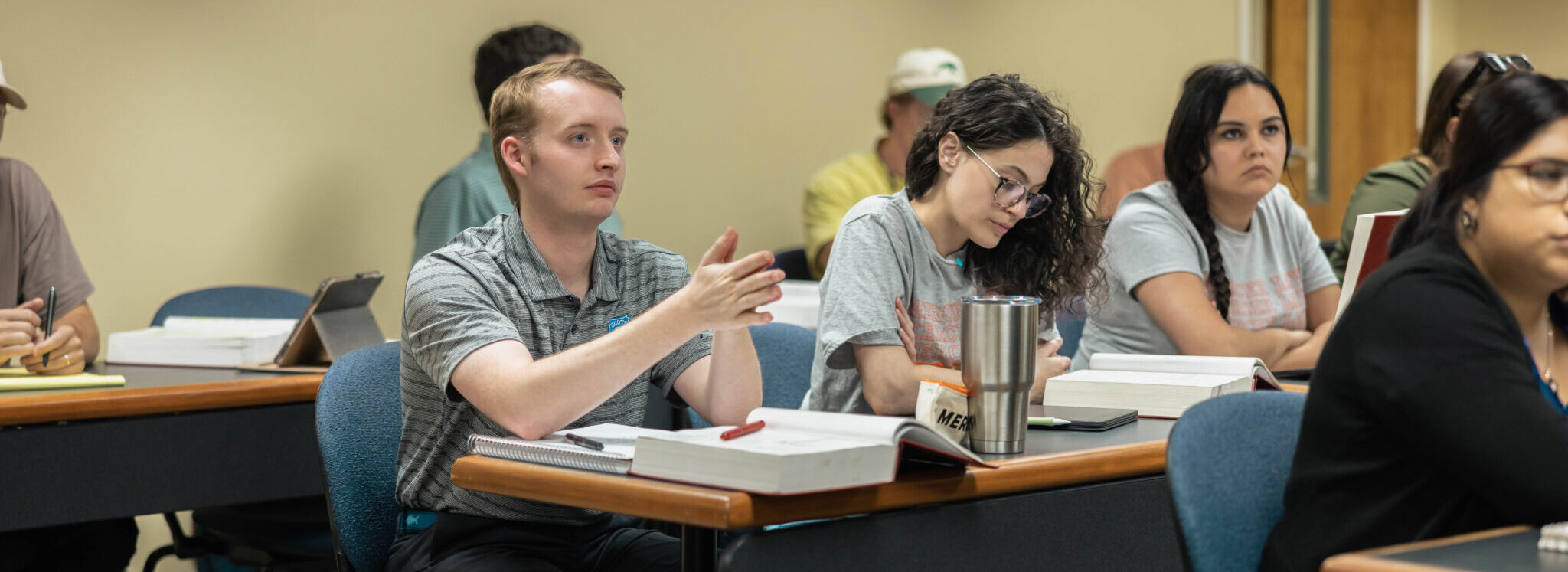Cost of Attendance
We work to keep the value of your degree high and the tuition as low as possible.
Mercer Law School is committed to helping students receive the quality legal education we provide by working with students to obtain the financial assistance they need. Currently, students receive financial assistance in the form of scholarships, loans, and/or work study.
Students may receive up to the maximum cost of attendance through various types of financial aid. All costs are calculated on a 9-month academic year.
| Tuition and Fees 2025-2026 | Total for Year |
| Tuition | $44,782 |
| Fees | $300 |
| Total | $45,082 |
| Living Allowance | Total for Year |
| Housing ($1102/month) | $9,918 |
| Utilities ($248/month) | $2,232 |
| Food ($550/month) | $4,950 |
| Transportation ($275/month) | $2,475 |
| Personal Expenses ($116/month) | $1,044 |
| Books | $1,321 |
| Average Loan Fees | $1,349 |
| Bar Exam Fee* | $1,291 |
| Total Living Allowance | $23,289 |
*Third-year students only. The department of education has implemented guidelines that allow for students to borrow for the cost of the bar exam upfront in their third year.
Total Cost of Attendance: $68,371
